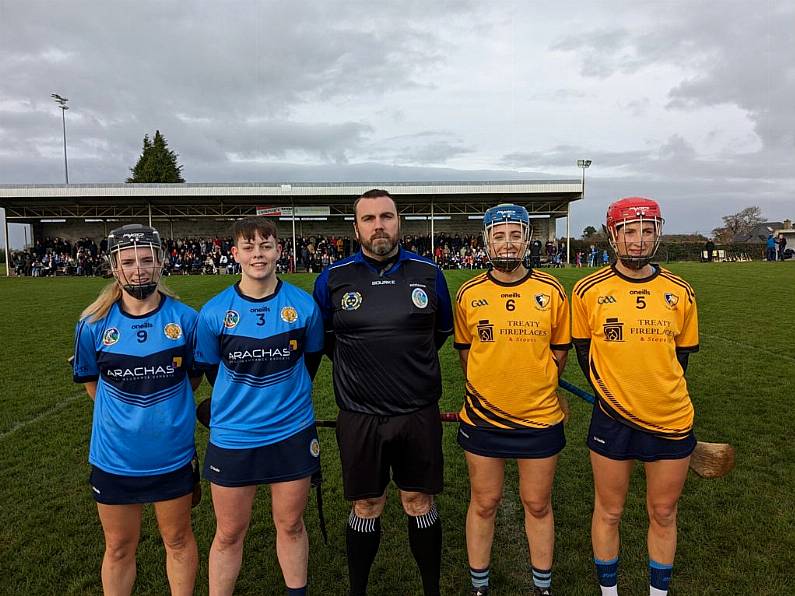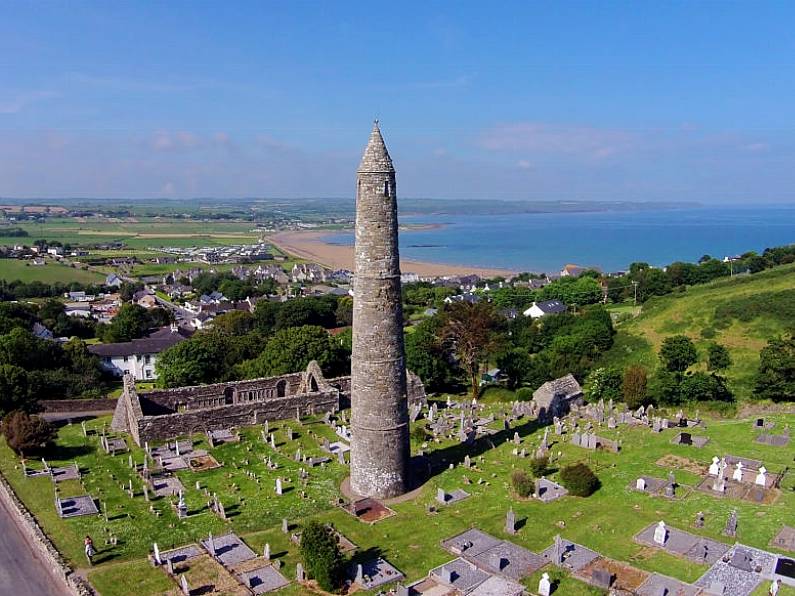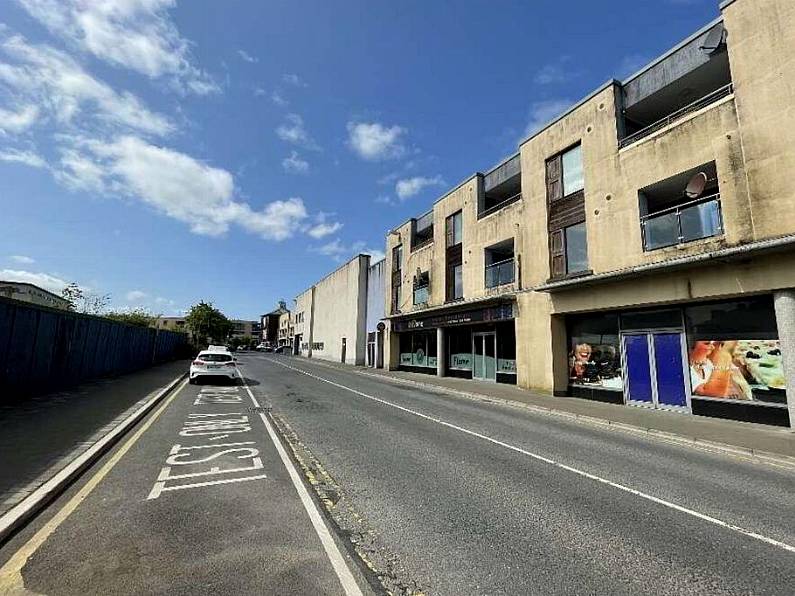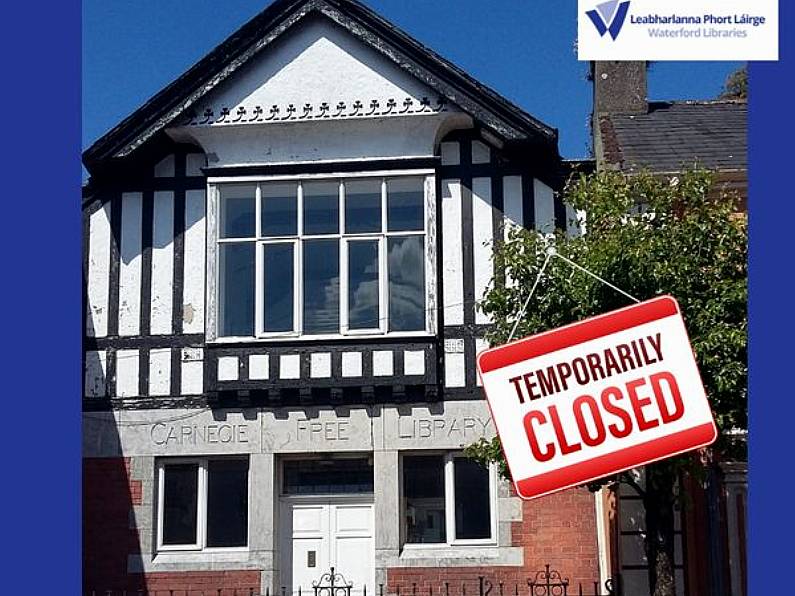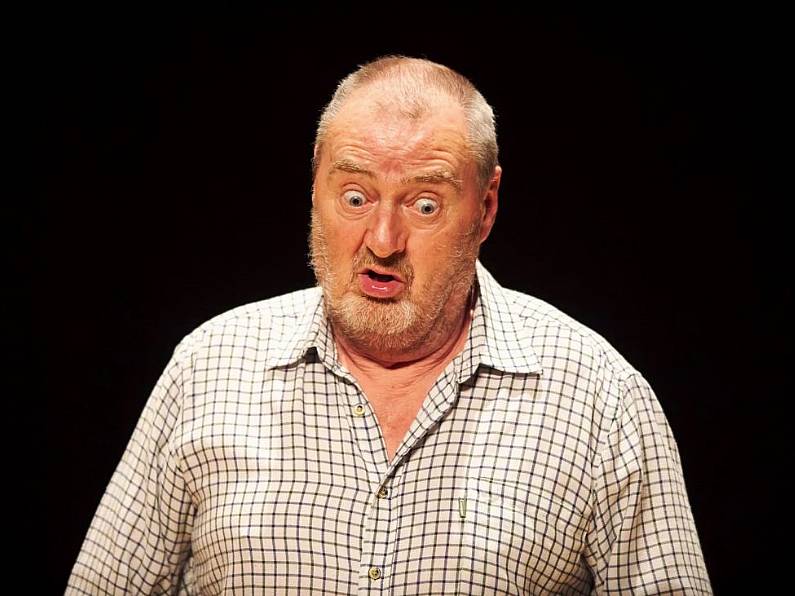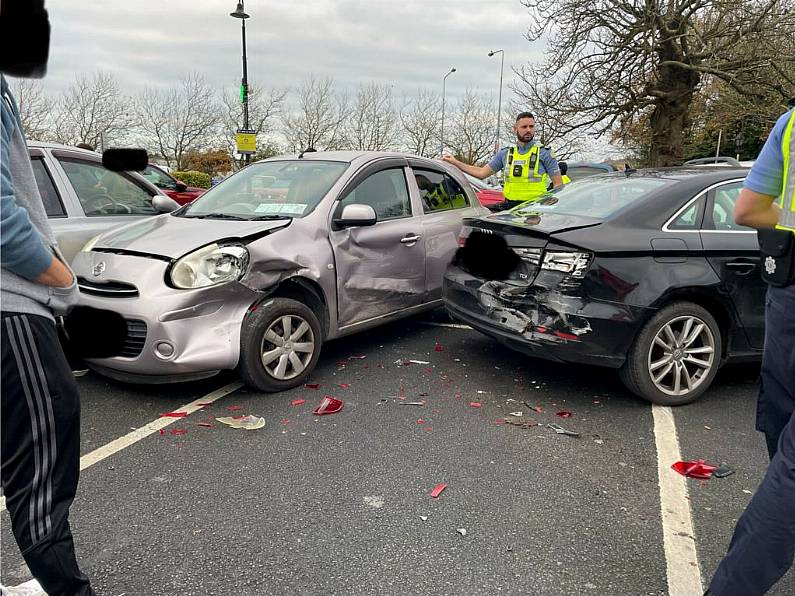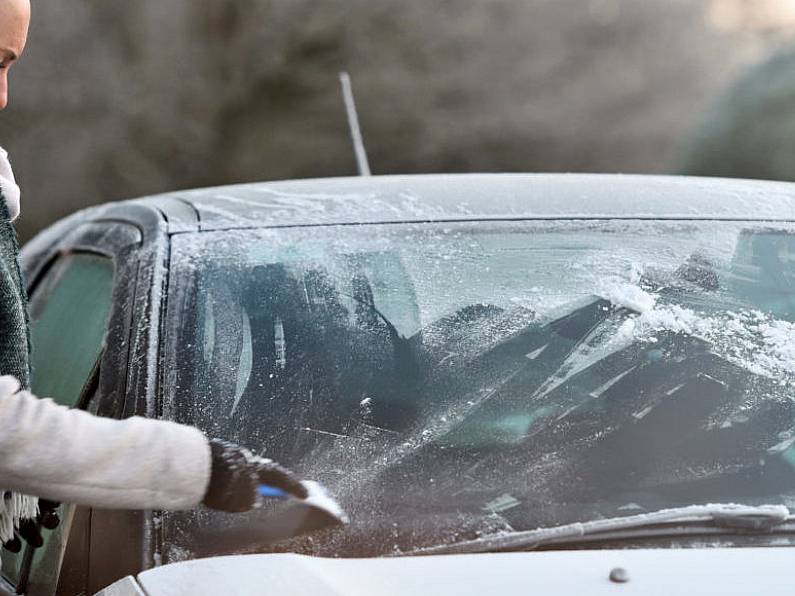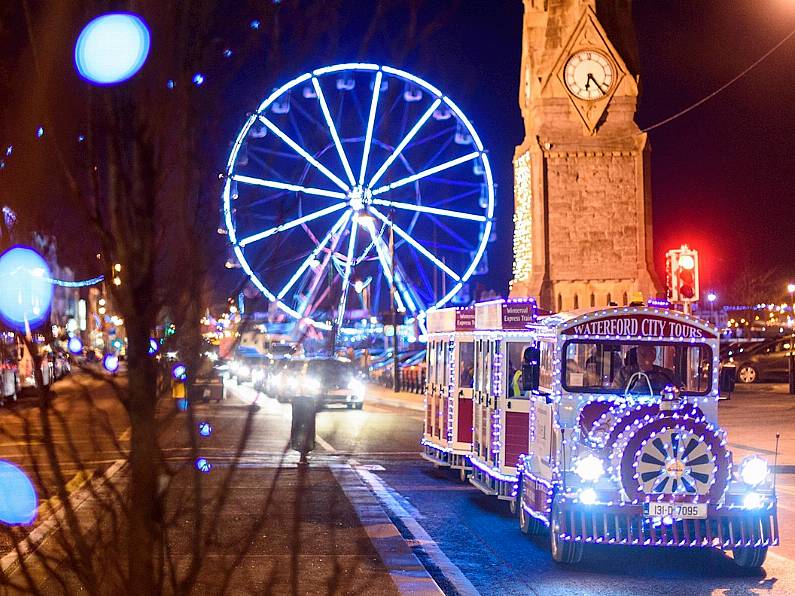By James Ward, PA
A man in his 60s, believed to be a Polish national who had been sleeping rough for some time, was discovered on the Newtown Road in Wexford. The death is not being treated as suspicious.
It follows the discovery of a homeless mother found dead in a tent in Dublin last Saturday, and three other deaths in the capital in the past week.
Minister for Housing Darragh O’Brien has offered his condolences to relatives of those who have died.
He said: “I offer my sincere condolences to the families of those who have lost their lives.
“It is vital we continue to deliver the appropriate measures to ensure that all individuals experiencing homelessness are supported to exit homelessness into permanent housing solutions and that those with complex health and mental health needs are supported.
“While homelessness remains unacceptably high, there are indications in these latest reports of progress being made, despite the added challenges faced as we deal with Covid-19. ”
September homeless figures just released show a slight decline from August with the figure down 46, 9 adults and 37 children, however the number of homeless families has increased by 8 to 1128
5 people have also died in the last 7 days so enough clearly isn't being done#AskWhy pic.twitter.com/XHg7BAXWB6
— ICHHDUBLIN (@ICHHDUBLIN) October 30, 2020
It brings the number of homeless deaths in Dublin alone this year to more than 50, compared to a total of 37 at the same point in 2019, according to the Inner City Helping Homeless (ICHH) charity.
ICHH spokesman Cllr Anthony Flynn believes that the national figure could be much higher, and has called on the Housing Minister to release the numbers.
He said: “What we haven’t got is a clear indication of the number of people that have died in homeless services right around the country.
“Up until July the number of people that had died in Dublin alone was 39. That was an increase on the previous year which was 37 in Dublin.
“I believe that we’ve had over 50 deaths in Dublin this year. We have called on the minister to release the number of deaths nationwide within homeless services.
“Our partners in Meath, in Kildare, in Galway, in Cork are telling us that the numbers in those counties are on the increase as well.”
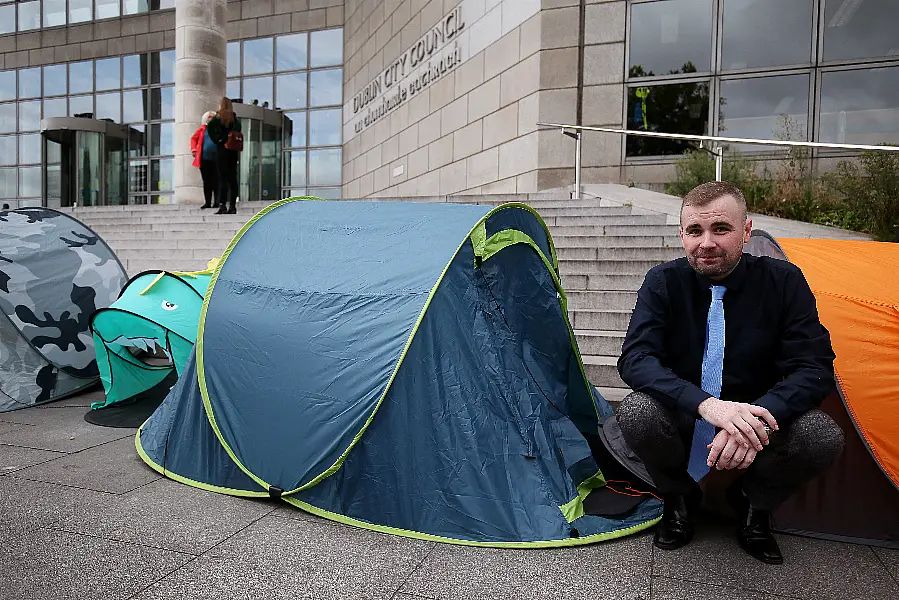
Mr Flynn said he is worried that the number of deaths will increase as we enter the winter months.
He said: “My fear is that coming into the winter months and even in the next couple of weeks, we’re going to see a further increase in the deaths of people on the street.
“We’ve always got an increase in the number of people that come and access services through the winter months.
“The next few months are going to be detrimental in terms of the number of people that are going to die on our streets.
“We’ve had five deaths within a seven-day period. It’s completely unacceptable that those deaths could be deemed normalised in any way, shape or form.”
Homelessness data
On Friday the Department of Housing published their latest homelessness figures for the month of September.
They showed there were 8,656 people accessing homeless services in Ireland last month, including 2,583 children.
The numbers have decreased slightly, by 46, in September compared to the previous month.
The number of families accessing emergency accommodation has shown a small increase, up by eight to 1,128.
The year-on-year position is that September 2020 shows a decrease of 628 families (35.8 per cent) on the 1,756 total recorded in September 2019.
Budget 2021 makes provision for 218 million euro in funding for homeless services next year.
The original budget allocation for 2020 was 166 million euro, but was increased by 30 million euro in July to 196 million.

Homeless charity Focus Ireland has welcomed the decrease in the figures for September but has called for the moratorium on evictions during level five restrictions to be increased.
Chief executive Pat Dennigan said: “We feel the measure should be triggered before we get to the most extreme public health risks at level five.
“Focus Ireland believes that the eviction moratorium should be triggered at level four – at the point where visitors are not permitted in a household.
“Introducing a moratorium on evictions only in the most extreme situation of a nationwide ‘level five’ lockdown may not be enough to prevent vulnerable households being evicted into situations where there is a high risk of contracting and spreading Covid-19.”






